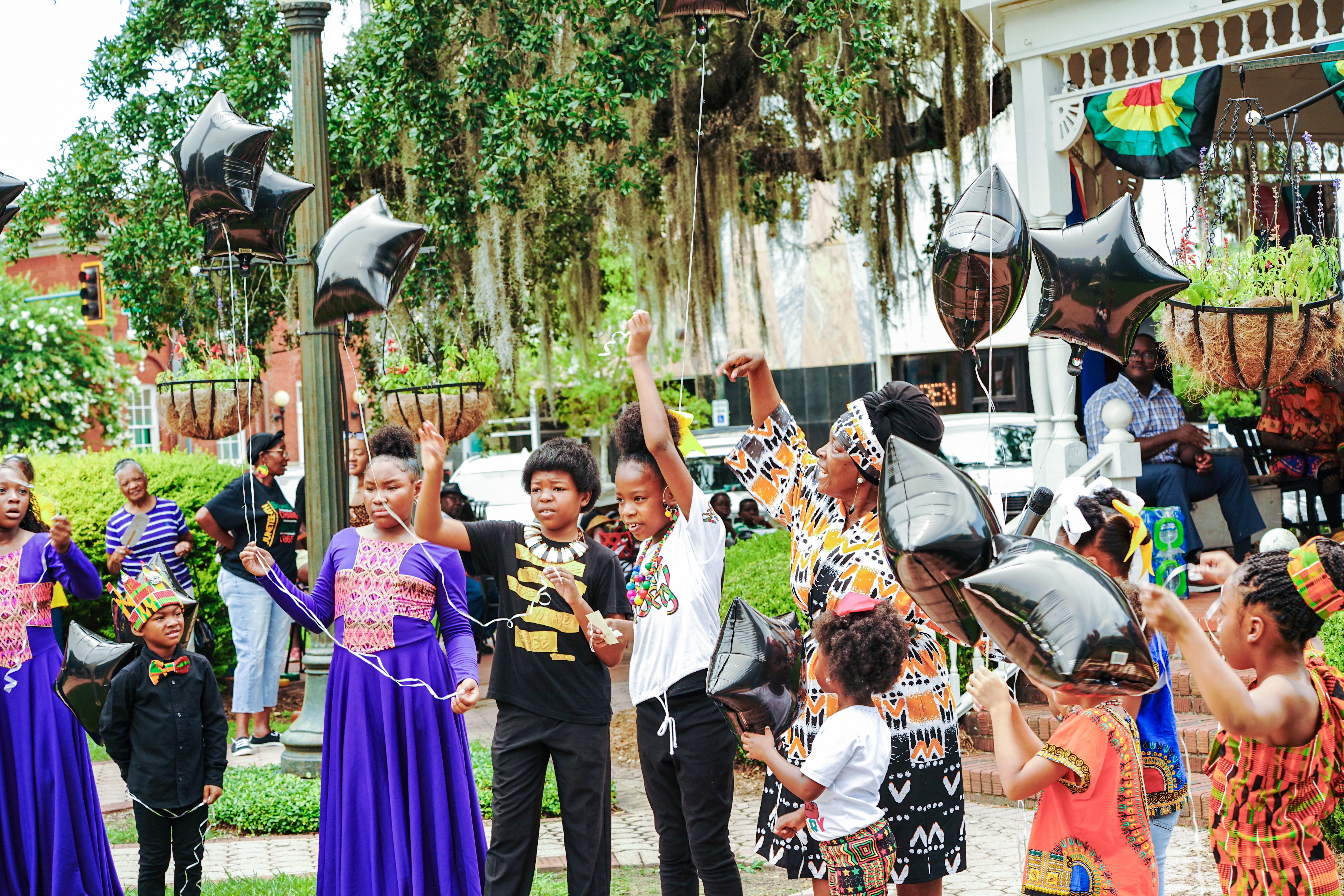Multiplication of bread, sign of Jesus’ love
Published 3:56 pm Friday, July 24, 2009
Can you identify with the people in today’s gospel and guess the questions they must have had after the miracle of the feeding?
They were hungry for food, of course, but also for relief from their problems and hard lives. The people were under still-one-more tyrant—Rome.
John refers to the Passover to remind us of another time when the people were in slavery—in Egypt. God delivered them then through the prophet Moses, God fed them in the desert and took them to freedom. Moses promised God would send them another prophet (Deuteronomy 18,50), a special anointed one.
The crowd that followed Jesus that day needed and longed for the fulfillment of Moses’ promise. They weren’t merely waiting for another prophet, but “the Prophet.” (It’s capitalized in my Lectionary, “Prophet,” to emphasize the uniqueness of this One). So the people wondered, could Jesus be this promised One who would take them to the final banquet, the eschatological moment, when God would overcome all evil and invite them to rest, eat and celebrate?
John is telling his story in a way that would hint to the reader that God is fulfilling the promise made through Moses. Notice the links in the story to the Moses narrative. It’s Passover time; Jesus, like Moses, goes up to a mountain; he provides bread to those who are following him. Like Elisha, in the first reading, Jesus distributes barley bread, the food of the poor, to the people. The gospel hints that it is the poor who need our attention too, if we are followers of Jesus.
But also notice how John has linked the miracle to the Eucharist, by using liturgical language familiar to our Christian gatherings. Jesus “took the loaves, gave thanks,” and distributes them to those gathered. After all have been fed, Jesus instructs his disciples to “gather” the leftover bread fragments. In the original language, the word for the bread fragments is the same used to describe the eucharistic bread fragments. (In the following weeks John will develop further the eucharistic themes in Chapter 6.)
There is another type of “gathering” occurring at the scene of the multiplication and also here at our worship. Like the crowd, we come from diverse places and backgrounds. In one way or another we have different hungers and we are scattered—we have personal fragmentation caused by sin, poor choices, uncertainty and ignorance.
In addition, no matter where our parish is located, whether we are a rich or poor parish, uniform or blended, we are a scattered community of worshipers. We have diverse languages, economics, genders, political affiliations, sexual orientation, education, races, marital status, etc.
Who could possibly pull us all in and form us into a community—who, but Christ, can feed and “gather” us?
Ephesians reminds us today that unity, including Christian unity, is not an automatic. We must work for it in humility and openness, with patience and love. We are the “fragments” gathered together today to hear God’s Word and receive the Eucharist, which will change our hearts and enables us to work for that unity.
Unlike many of us, Jesus wasn’t fussy about the people with whom ate. If we want to celebrate an event, a birthday or holiday, we go out of our way to prepare a lovely meal. We might serve some family favorites, traditional foods, handed on to us by our parents or grandparents.
We say, “My mother always made this for our birthdays, here try some.” There’s nothing wrong with wanting to celebrate with family and friends.
That’s just what Jesus is doing today. He is celebrating a special occasion with people who aren’t part of his blood family. But all ate the same food, all were treated as equals and all became, or could become, part of the same family—Jesus’ family. Which is what is offered to us today when we eat and drink the food God has provided for us on this mountain.
Back to our opening question: Can you identify with the people Jesus fed?
Can you feel their anticipation that, in Jesus, the time of fulfillment had arrived?
What wouldn’t we give now for Christ to come and write the last line of history and close the book—no more war, hunger, civil strife, violence and injustice?
Don’t we yearn for that time to come when we can breathe a sigh of relief and say together, “Finally it’s done! God has triumphed and wiped away all tears!”
The multiplication story is in all four gospels, which is a clear indication of how important the first generation of Christians considered it. Each evangelist narrates the story in a different way. What really happened that day?
That’s not the question the writers want to address. Instead, they want us to ask, “What does it mean for us today?”
So, we give John a fair hearing and pay attention to how he tells the story. I like the feel of the story as I read it. It is meditative, rich in images that prompt reflection. It’s a fuller story than the accounts in the synoptic gospels, with a lot of references to the Hebrew Scriptures. Those familiar with the Hebrew texts will have still more material for meditation.
Can you sense who Jesus is in the story?
John’s narrative is reflective and Jesus is very much in charge of this dinner in that out–of–the–way place. Jesus is deliberate and measured in the story; he directs the scene. Even though he asks Philip, “Where can we buy enough food for them to eat?”
John is quick to tell us that Jesus already knew what he was going to do. In the synoptic gospels the disciples distribute the bread, but here John tells us, Jesus did.
Yes, Jesus is our host, he is the one we can trust. He knows our hungers and will feed us at each stage of our journey, until at last, we arrive safely home.





